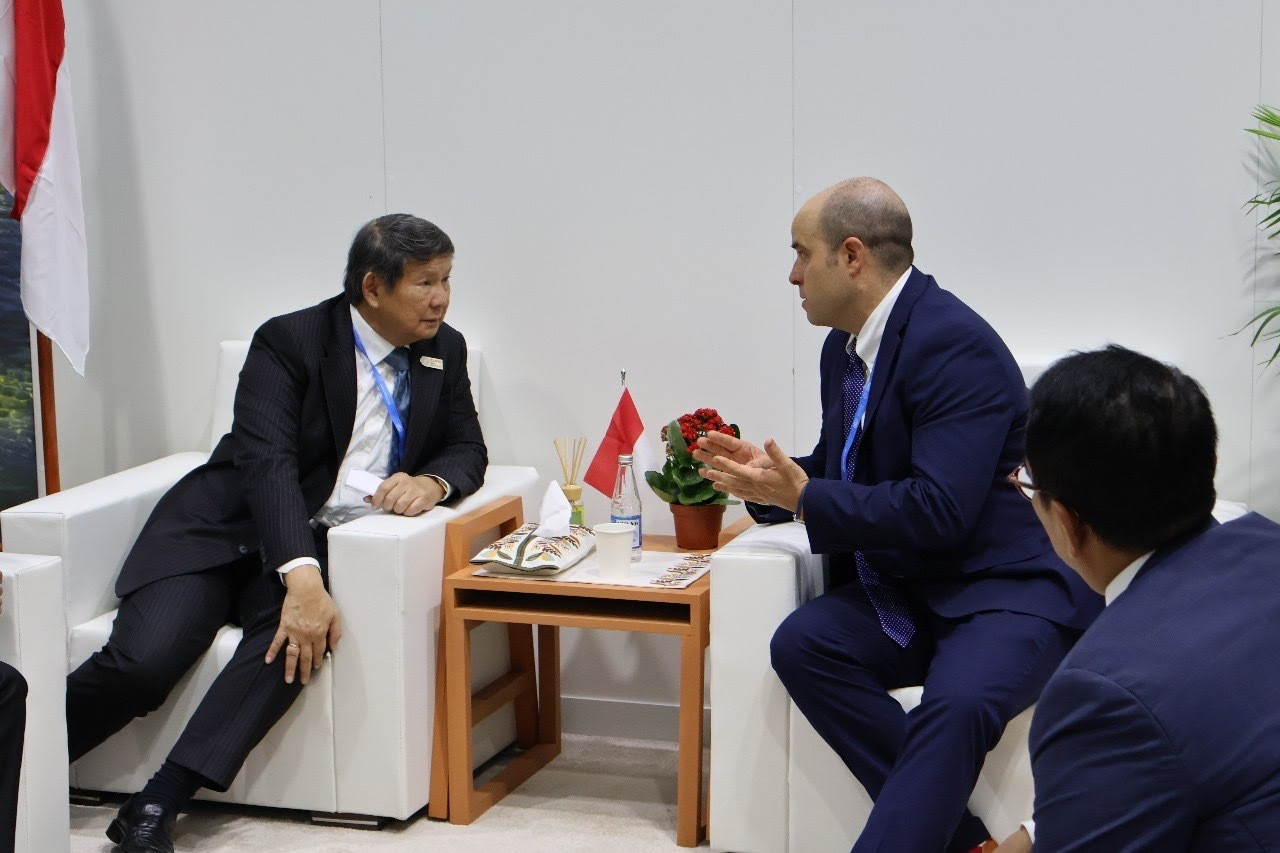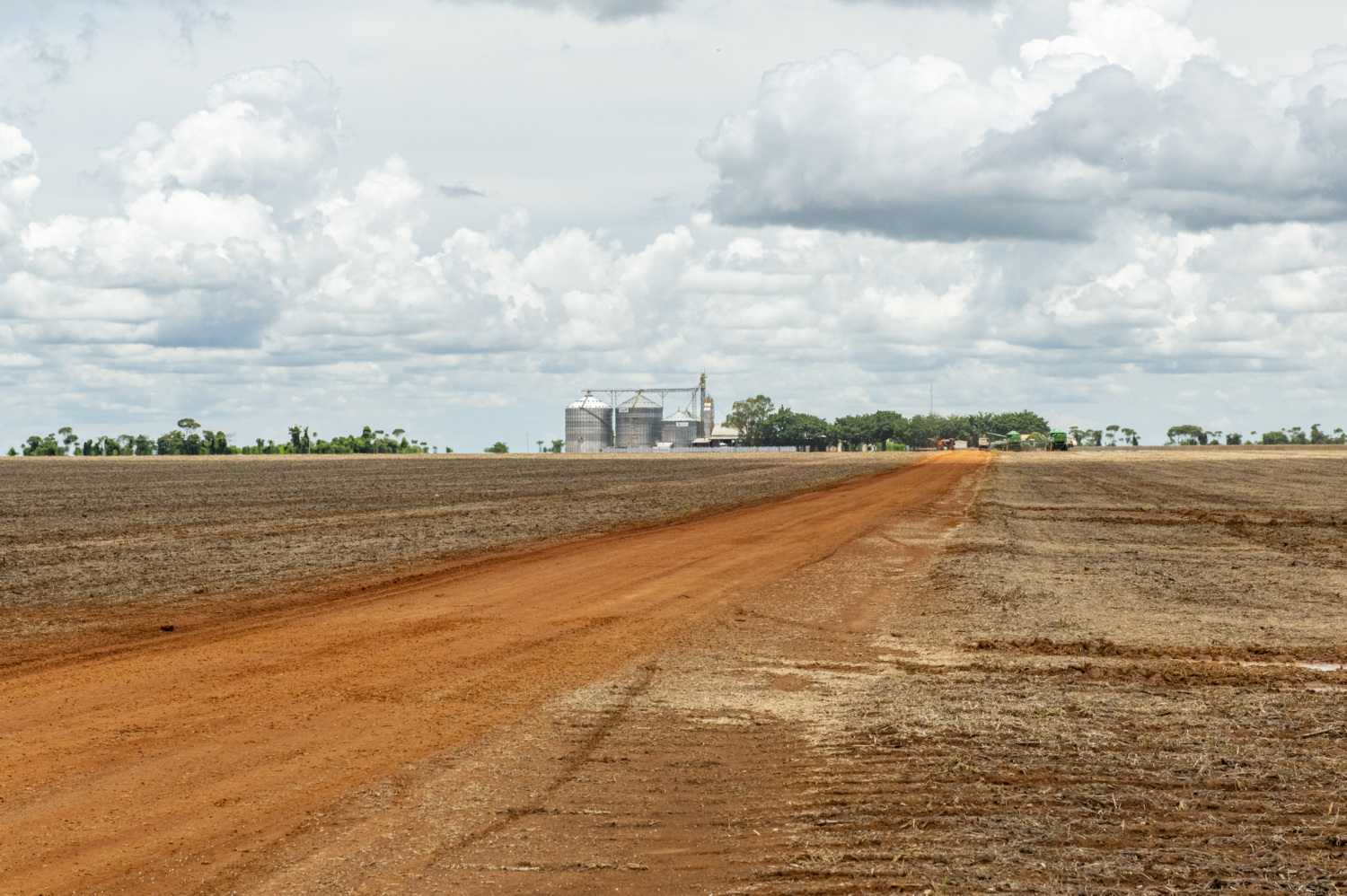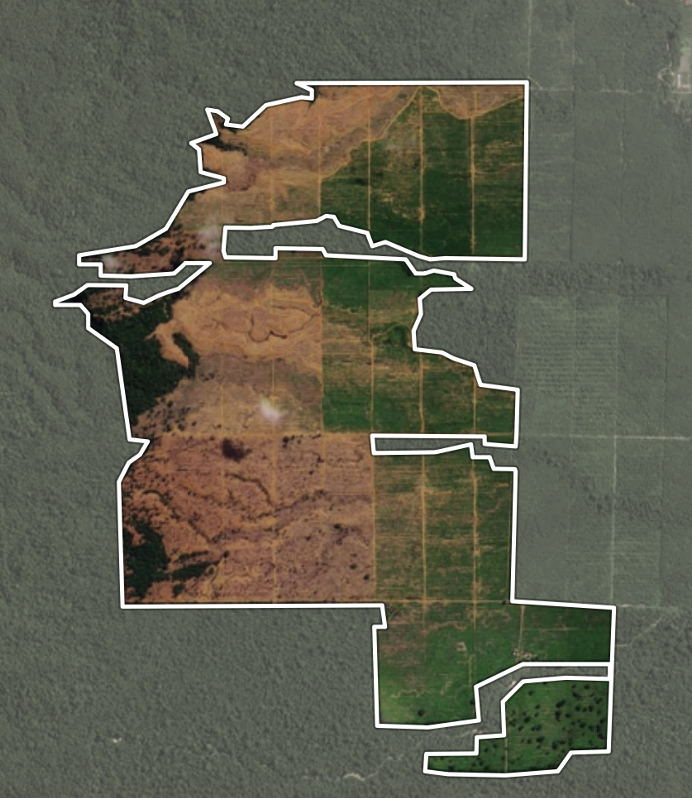
CEO Note: Will Indonesia realize its superpower potential?
By Glenn Hurowitz, Founder & CEO
Tuesday, December 3, 2024, was a critical day for the fate of the world’s forests and the people and wildlife that depend on them for survival. In an unremarkable room in Brussels, representatives of the European Commission, Council of the European Union and European Parliament gathered for a second “Trialogue” meeting, where they approved the 12-month delay of the implementation of the landmark forest law, the EUDR. The law, when implemented, will curtail the ability of products tainted by deforestation and human rights abuses to enter European markets.
Thankfully, new amendments put forward by the European People’s Party, that would have gutted the law through the creation of a “No Risk” category and other changes were not approved. While the delay is disappointing, our coalition successfully stopped these amendments.
Even without them, the consequences of the delay are serious. Another year without implementation will mean more forests being destroyed to feed EU market demand for beef, cocoa, coffee, palm oil, rubber, soy and wood products. We need the private sector to implement their deforestation-free commitments.
Building momentum for “Paws on the Ground”

Host Ben Goldsmith makes a case for rewilding the Northeast.
On November 13, we kicked off our rewilding campaign with 88 supporters at an event in Manhattan where big cat lovers gathered for drinks, a silent auction and dinner. With speeches from our host Ben Goldsmith, author and scientist Dr. Mark Elbroch of Panthera, and author and wildife advocate Beth Pratt of National Wildlife Federation, we painted a picture of how we could transform our hollowed-out forest of the Northeast to thriving ecosystems by introducing keystone species, starting with catamounts (aka mountain lions) in Vermont. Kris Tompkins, President of Tompkins Conservation and former CEO of Patagonia, sent in a special video message, and we shared footage from the upcoming American Lion film from Ben Masters. The supporters, allies, donors and friends in the room experienced the story and urgency behind our rewilding campaign. This event built unstoppable momentum and raised money to begin our efforts in the Northeast in 2025.
Will Indonesia Realize Its Superpower Potential?

Meeting with Indonesia’s Climate Envoy Pak Hashim Djojohadikusumo in Azerbaijan.
At the climate summit in Baku, I met with Indonesia’s chief Climate Envoy (and President Prabowo’s brother) Hashim Djojohadikusumo, as well as Minister of Forestry Raja Juli Antoni and Minister of Environment Hanif Faisol Nurioq. In many ways, it was an exciting meeting: the administration has an inspiring vision of how Indonesia’s forests, wildlife, and clean energy resources can make it into a Nature and Climate superpower. They are thinking big: planning to restore more than 30 million acres of degraded land, designate new protected areas, and meet Indonesia’s net-zero climate targets a decade earlier than previously committed.
Of course, the trillion-dollar question is how to achieve this vision with speed and scale. The Government of Indonesia’s own policies and enforcement will be at the core of this effort. Large-scale finance can supercharge action. We discussed how opportunities like the Tropical Forest Finance Facility, LEAF Initiative, high-integrity carbon markets, and the Montreal-Kunming Biodiversity Framework could deliver the finance to ensure Nature has value over the long term.
We also candidly discussed the challenges that could undermine this vision and and the ability to attract commensurate finance.
The single largest threat is the so-called Food and Energy Estate program that would replace up to 7 million acres of intact ecosystems in Papua with commercial sugarcane bioethanol and export rice plantations, and an additional three million acres in Borneo (with other projects in Sulawesi and Sumatra). This project is so giant that the destruction it causes could completely undercut the benefits of the administration’s other policies. The images of bulldozers driving deforestation could make it difficult for investors passionate about Nature to finance the visionary plans. Similarly, Indonesia’s decarbonization plans could be undermined by continuing its build-out of captive coal.
The good news is that these are easily avoidable challenges: Indonesia has tens of millions of acres of degraded land where agriculture can expand without threatening native ecosystems; the country can tap its enormous geothermal, solar and wind resource, as well as heaps of clean energy finance. We’re ready to help tackle these challenges by working with the private sector, government and civil society. I left our meeting more hopeful about the future of “wonderful Indonesia” – and its potential to truly become the world’s Nature and climate champion, and am looking forward to working with the administration, private sector, and civil society partners to make it a reality.


